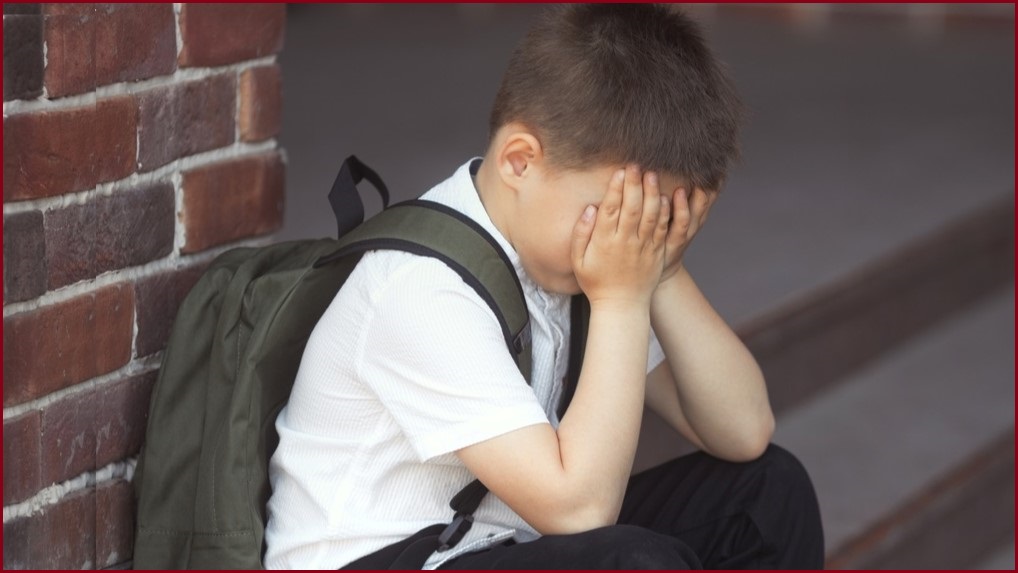The federal government gave interested parties just one day to make a submission on its controversial social media age ban, making a “mockery” of the parliamentary process, according to a group of human rights lawyers.
After Prime Minister Anthony Albanese announced plans to ban children aged under 16 from using certain social media plans earlier this month, legislation facilitating this was introduced to the lower house on Thursday last week.
The same day, the bill was referred to the Senate Standing Committee on Environment and Communications for a whirlwind inquiry, with a final report due just four working days later on Tuesday.
The federal government has said it plans to pass the bill by the end of next week and will likely do so without issue as the policy has the support of the Opposition.
Those who wished to make a submission to the inquiry about this significant piece of legislation that will likely impact all Australian users of social media were given just 24 hours to do so, with submissions closing on Friday.
Due to this incredibly short timeframe, the committee asked for these submissions to be limited to one or two pages.
Anger united
The one day given for submissions on the bill has led to significant concerns and anger among stakeholders and a range of groups.
Australian Lawyers for Human Rights said they were “very concerned about the establishment of a one-day timeframe for people and organisations to make a submission” and that this “makes a mockery of the important role played by Senate Committee inquiries”.
“It suggests there is no genuine desire to inquire into the bill and hear from Australians,” the group posted on X.
“This is a complex bill that will impact a large section of the population.
“A one-day timeframe effectively excludes young people and more marginalised voices from being heard.”
The group urged the government to extend the deadline for submissions to “allow for meaningful community and expert consultation and human rights scrutiny of the bill”.
Australian Human Rights Commissioner Lorraine Finlay also raised concerns with the 24-hour window for submissions.
“A social media ban has serious implications for children and young people across the country,” Finlay posted on X.
“A one-day submission period to examine the details of the proposed law is entirely inadequate.
“We need actual consultation, not just the appearance of it.
“Our children need online protection, not prohibition.”
Meta hits back
Facebook parent company Meta came out swinging against the age ban on Friday, also criticising the hastened parliamentary process.
“We are concerned the government is rushing this legislation without adequate consultation or evidence and there are still many unknowns with respect to its implementation,” a Meta spokesperson said.
“The legislation as drafted seems out of step with available research and expert opinions, including those from within the government, academia, industry, mental health organisations and Australian parents and young people.
The spokesperson said that Meta would comply with such an age ban if it is passed into law, but this would likely require all Australian users to prove their identities with the tech giant.
“The government’s approach will likely require each app provider to collect personal identification or biometric data from all Australians in order to prevent under 16s from accessing their services, an inefficient and burdensome process for everyone,” the Meta spokesperson said.
“Meta is committed to creating safe online experiences for young people and we will respect any age limits introduced by the government.”
Public hearing
The Senate committee will hold a single, three-hour public hearing as part of its inquiry, with witnesses to include youth mental health advocates, tech industry organisation DIGI, the Communications department and the Office of the Australian Information Commissioner.
While the Senate committee will have just four working days to analyse the government’s proposed social media age threshold, a Joint Select Committee that had more than six months to consider the impact of social media on society recently reported back and declined to endorse such an age ban.
The committee handed down its final report last week and did not back the social media ban for children aged under 16.
“After months of evidence from experts, parents, young people, organisations and community members, this Joint Committee inquiry has not recommended an age ban on social media,” the participating Greens members said.










